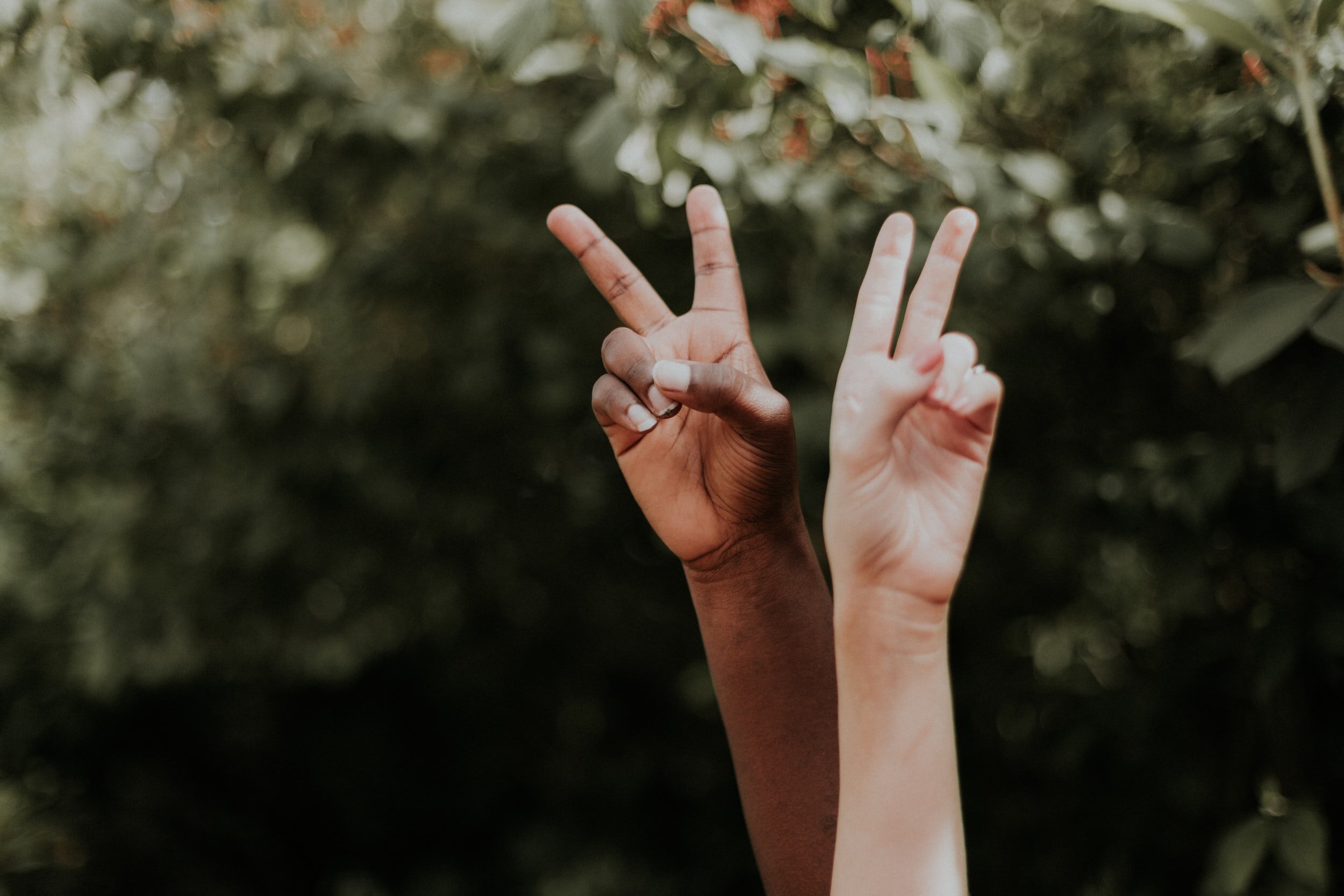
Our Values
Lab Commitment to Scholarly Excellence
As a lab, we acknowledge the privileges inherent to being part of academia as well as the privileges or unique opportunities that have made it possible for us to join the scientific community. There remain many visible and invisible barriers to achieving a representative community of scholarly excellence in the STEM fields. Ultimately, our lab is meant to be an environment where these barriers and struggles are implicitly and explicitly addressed. We work together to build a lab culture that fosters a sense of belonging wherein all members can become who they want to be as scientists and scholars. We believe that diverse team members, collaborators, participants, and even scientific methods and theories will enrich the quality and broader impact of the science produced.
Ways we are doing this …
In our research, we see participants not as data points but as active co-creators in our science. We seek out participants who are representative across multiple dimensions of identity and experience. When generating hypotheses and thinking through study designs, we strive to more explicitly consider how the diversity of human bodies, brains, cultures, and backgrounds may directly impact the physiological, neural, and psychological phenomenon we are studying. We also hope to build collaborations with anthropologists and researchers in other countries in order to actively address research questions across more diverse samples of humans.
In our lab culture, we regularly have conversations about the visible and invisible challenges to inclusion and belonging in science and academia, ways to increase belonging and resilience, and our active responsibility as a lab. We do this formally through lab meeting discussions and workshops as well as informally in conversations. We support transparency, accessibility, and horizontal decision-making in lab dynamics as well as in the mentor-mentee relationship. Mentorship is personalized to the unique needs and goals of each student.
In the community, we participate in outreach events and seek out opportunities to give back to the local Charlottesville and Virginian communities, as well as the broader public. In our scientific communities, be it our department or scientific societies, we advocate for greater scholarly excellence in multiple forms, be it individuals or communities, perspectives, scientific theories, and methods.
Lab Commitment to Growth Together
As a lab, we acknowledge that doing good science is hard. It involves null findings, dead-ends, mistakes, learning or doing difficult things, and the (sometimes frequent) pain of rejection and failure. In the face of these difficulties, we work to foster a growth mindset, positive self-care, and a strong social support network that can help us face these challenges as they arise. We recognize that the process of graduate training and even the act of doing science can be personally transformative. As a lab, we are committed to helping and challenging each other to grow, day by day, into better scholars, scientists, and human beings. We believe that taking care of our bodies and broader wellbeing is not just a matter of personal interest but also something that helps us be better scientists with more resilience and endurance.
Ways we are doing this …
We work to normalize “failure” by formally and informally discussing current challenges or rejections while also supporting each other and sharing strategies for coping with and learning from these struggles.
We value process not just outcome. We celebrate initial and intermediate steps in a project or research journey, not just the “big” achievement at the end. We also have regular lab outings and activities—and look for other ways to actively foster positive moments together.
We focus on what excites us and keeps us going. Sometimes, you just have to do the boring or difficult tasks. Sometimes research is overwhelming and stressful. We work to protect and cultivate our own and each others’ intrinsic passion, curiosity, and excitement.
We engage in co-reflection and self-insight. We take the time in mentorship and lab meetings to become more aware of our own work habits, stress management, time management, etc. as well as the ways that we might self-sabotage vs. better self-direct and self-care.
We aim to practice what we “preach” in our research on emotion, stress, health, mind-body relations, etc. This means that as a lab, we have a positive attitude towards vacations, mental health days, sick days, etc. We support a diversity of work styles and needs.